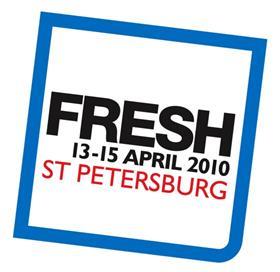
When Spain’s largest fresh produce marketer Anecoop announced last September that it was launching its own Russian subsidiary, named Agrikoop, it only served as further evidence of just how seriously European exporters are now taking the market.
Anecoop’s market entry will shortly be followed by the arrival in the country of Dutch trader Hispafruit; a move that is again likely to underline the importance that Russia now has for European and indigenous companies alike.
Although Russia’s population is forecast to drop below 140m over the next two years – following a rapid fall from 148m during the last 15 years – the country remains by far the largest consumer market in central and eastern Europe.
According to supermarket sector analyst Planet Retail, net grocery retail sales in Russia are expected to recover substantially this year to total almost €193m – a comparable figure to 2008 after slipping to €164m last year.
However, Planet Retail’s Russia specialist, Milos Ryba, does add a note of caution. While he says there are “massive growth opportunities in Russia for retailers and suppliers alike”, he believes these are mainly reserved for companies that take a long-term approach.
Similarly, Mr Ryba says the Russian Parliament’s recent approval of a law designed to bring greater regulation to the retail sector could prove problematic for retailers and suppliers.
The law, which came into force in February this year, is aimed at making pricing more predictable and transparent, boosting competition, protecting smaller shop owners, and making dealings between retailers and suppliers more transparent.
In order to achieve the latter goal, the new law puts a limit on the ‘bonuses’, or volume discounts, that suppliers are able to offer to retailers to 10 per cent of the total cost of delivery.
While Mr Ryba agrees the move will make pricing more transparent, he argues retailers are likely to transfer their lost bonuses to consumers in the form of higher product prices.
On a more positive note, from a supplier’s point of view, the law has also introduced a shorter payment period for goods, as determined by their shelf-life. Retailers now have to pay invoices for products with a 10-day shelf-life within 10 days, while a similar rule has been applied for goods with 30-day and 40-day shelf-lives.
This change could certainly improve supplier cashflow, but Mr Ryba argues retailers may become reliant on short-term financial loans that could be reflected in increased prices.
FRESH, Europe's leading fresh fruit and vegetable conference organised by Eurofruit Magazine and Freshfel Europe, heads to St Petersburg, Russia, on 13-15 April 2010. For more details, visit www.freshcongress.com.



